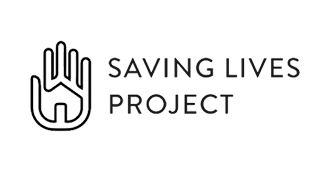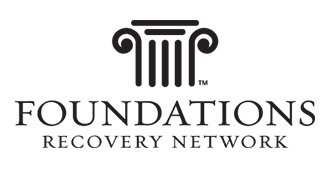Yoga is an ancient practice that is designed to bring the mind, body and spirit closer together with the use of meditation, body postures and breathing. As a holistic practice, yoga combats stress and promotes physical strength, relaxation and spirituality. It has been recognized as a powerful tool for individuals battling addiction, offering a healthy way to deal with triggers that can precipitate a relapse. If you or a loved one has struggled with addiction, keep reading to discover how you can use yoga to enhance your recovery process.
The benefits of yoga make it a powerful component of addiction recovery. Many individuals use it to manage their anxiety and depression — two mental health disorders that often occur alongside addiction. Additional key benefits of practicing yoga include:
Better Sleep.
Practicing gentle yoga before bed can improve sleep and may even reduce insomnia. Try holding a few relaxing asanas or postures, such as forward fold, to help calm your body and mind.
More self-confidence.
Performing asanas improves your mind-body connection. You can learn how to accept your body without judgment and recognize its strength when you master challenging poses. Over time, this can lead to feeling more comfortable in your own skin, which boosts your self-confidence.
Regulated breathing.
Yoga includes breathing practices known as pranayama, which can be effective for improving lung function, reducing the stress response and encouraging relaxation. These breathing practices teach you how to take deeper, slower breaths to help calm the nervous system.
This infographic was created by Symetria Recovery, a methadone treatment center.
Practicing yoga on a regular basis for just 15 to 30 minutes a day can give your body a chance to heal during your recovery. For more ways you can utilize yoga for addiction recovery, see the accompanying guide.
Author bio: Chris Hassan is President and CEO of Symetria Health® — the country’s first comprehensive evidence-based opioid addiction treatment program, designed to deliver data-validated outcomes that outperform other treatments currently available. He has over 25 years of experience in the field of addiction treatment, is active on several national panels and corporate boards, while also serving as a Huffington Post contributor.






COMMENTS